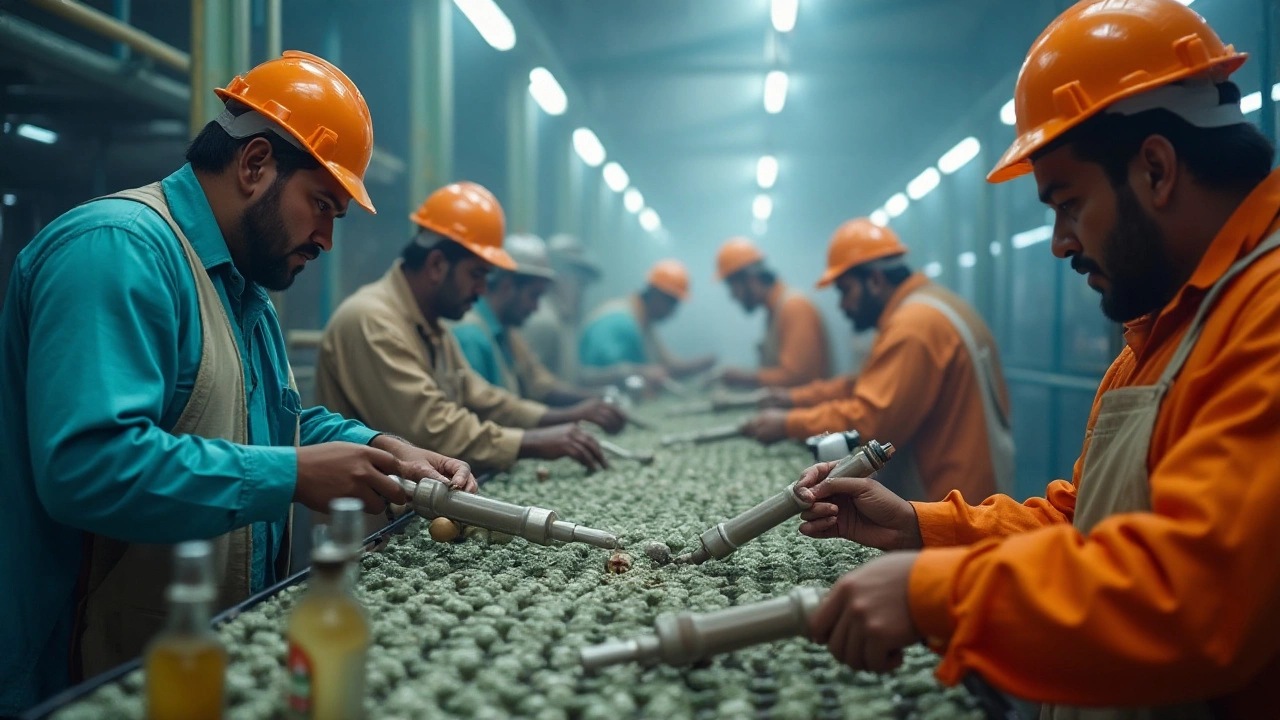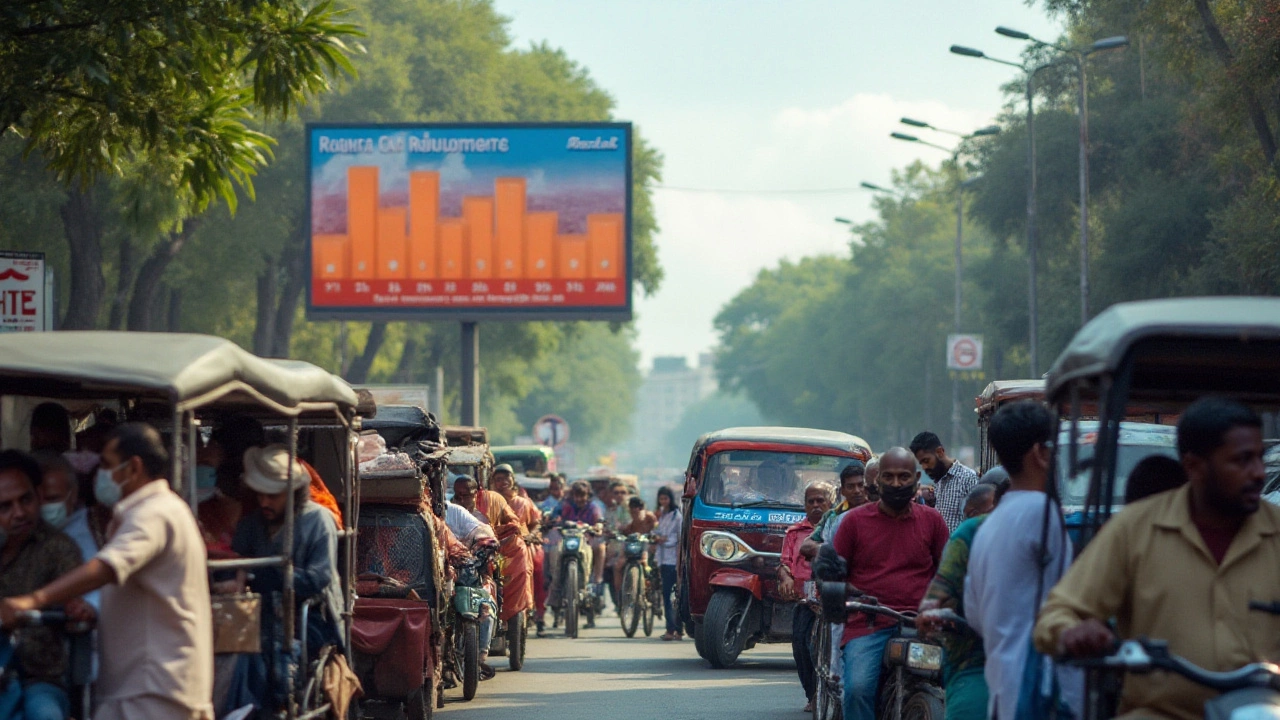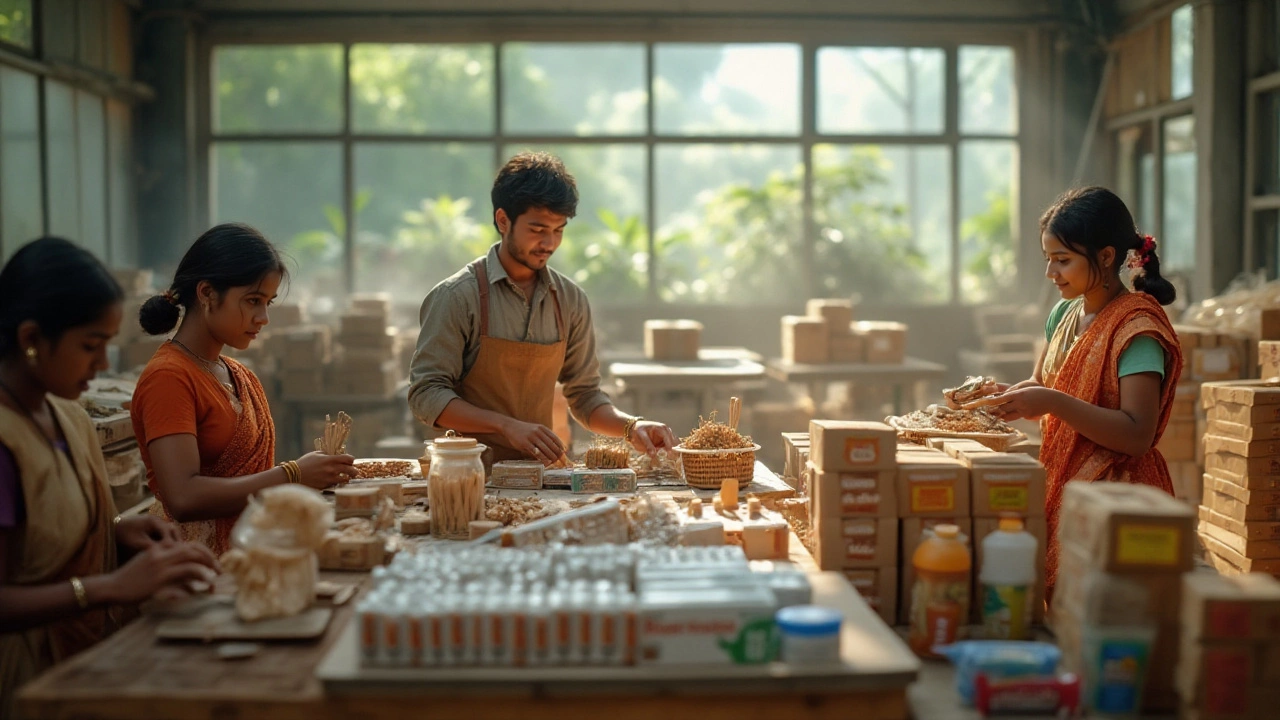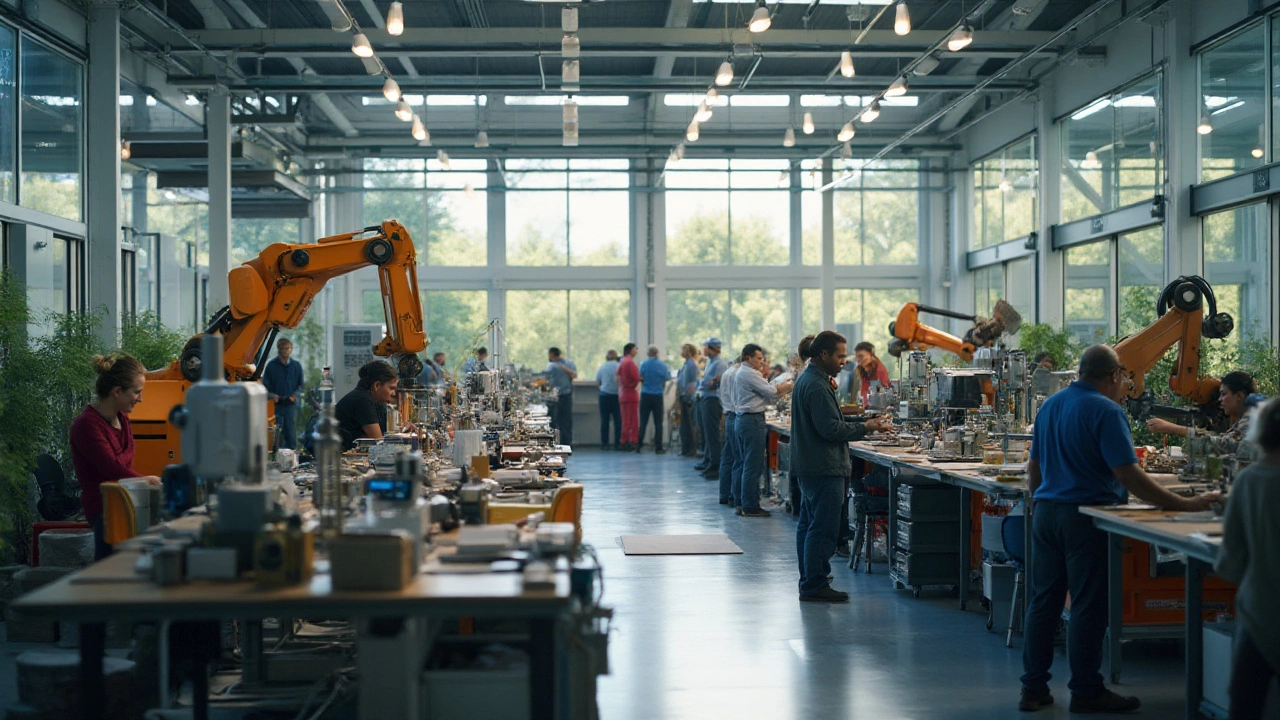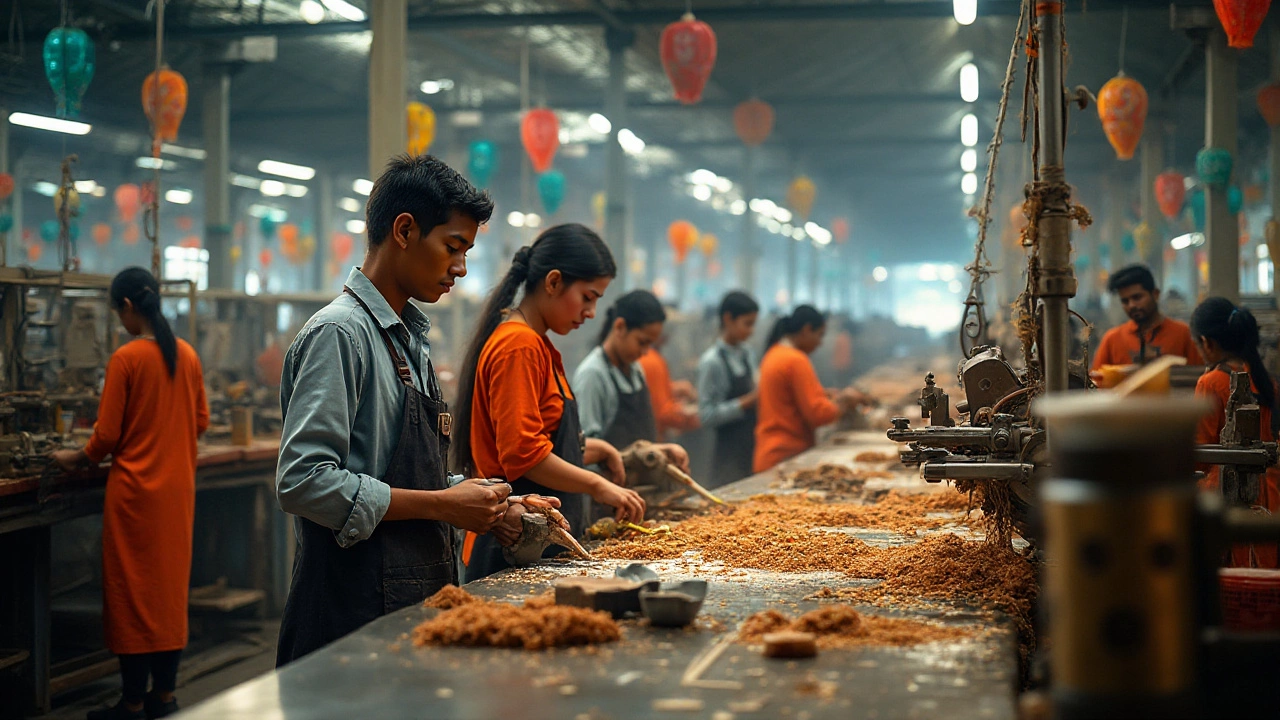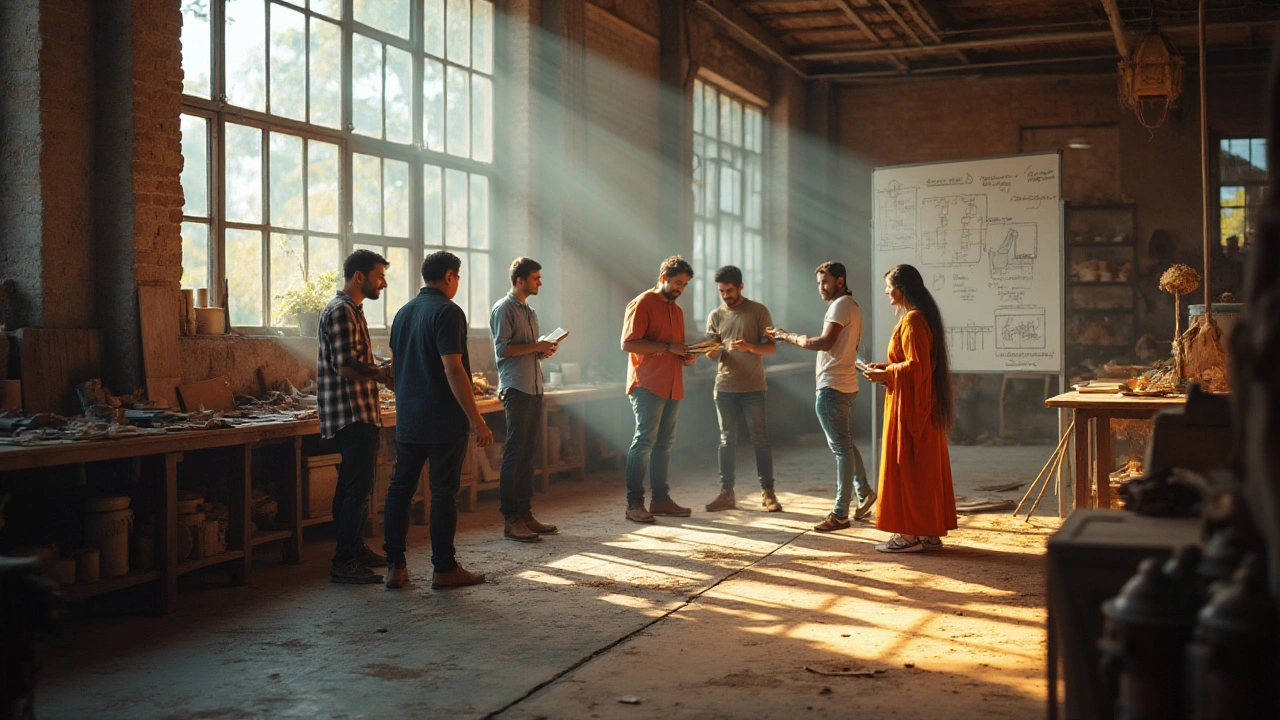December 2024 Archive – What We Covered This Month
December was a busy month on the SkyWings blog. We posted everything from pharma forecasts to practical startup advice, giving you a snapshot of the most talked‑about trends. Below is a quick guide to help you find the pieces that matter most.
Healthcare & Pharma Highlights
We kicked off the month with a deep dive into India’s pharmacy future. The article explains how tech upgrades, new regulations, and a booming market are reshaping drug manufacturing. Right after, we spotlighted Hyderabad as India’s pharma capital, breaking down why the city attracts global players with its infrastructure, skilled talent, and export-friendly location.
Food Processing & Consumer Trends
Food lovers got two tasty reads. One examined the world’s most processed foods, showing how processing levels affect nutrition and consumer choices. The other decoded the three types of ROM used in food processing plants—reverse osmosis membranes, refining osmosis machines, and reduction operations management—highlighting how each boosts quality and safety.
Manufacturing, Business & Startup Insights
Manufacturing took center stage with several posts. We explored whether the U.S. manufacturing sector is fading or evolving, noting how policy shifts and tech adoption keep it relevant. A separate piece detailed how government schemes empower local production, offering incentives that lower costs and spark innovation. For entrepreneurs, we listed the most profitable manufacturing ideas and showed how to launch a startup without capital by leveraging partnerships and creative funding.
We also covered practical business planning. One guide broke down the cost of starting a furniture business in India, from equipment to marketing, giving a realistic budget picture. Another article shared clever ways to launch a manufacturing startup on a shoestring, focusing on resourcefulness over big cash injections.
Automotive & Market Analysis
Auto enthusiasts weren’t left out. We analyzed why India’s car sales have slid, pointing to economic pressures, rising fuel prices, and the surge of alternative transport. A myth‑busting post clarified Tata Group’s real influence over luxury brands, separating fact from fiction about its ties to Mercedes.
All together, December’s posts delivered a mix of forward‑looking forecasts, hands‑on tips, and myth‑checking across multiple sectors. Whether you’re tracking pharma growth, looking for manufacturing ideas, or trying to understand the auto market, the archive gives you a concise, practical resource you can refer back to anytime.




